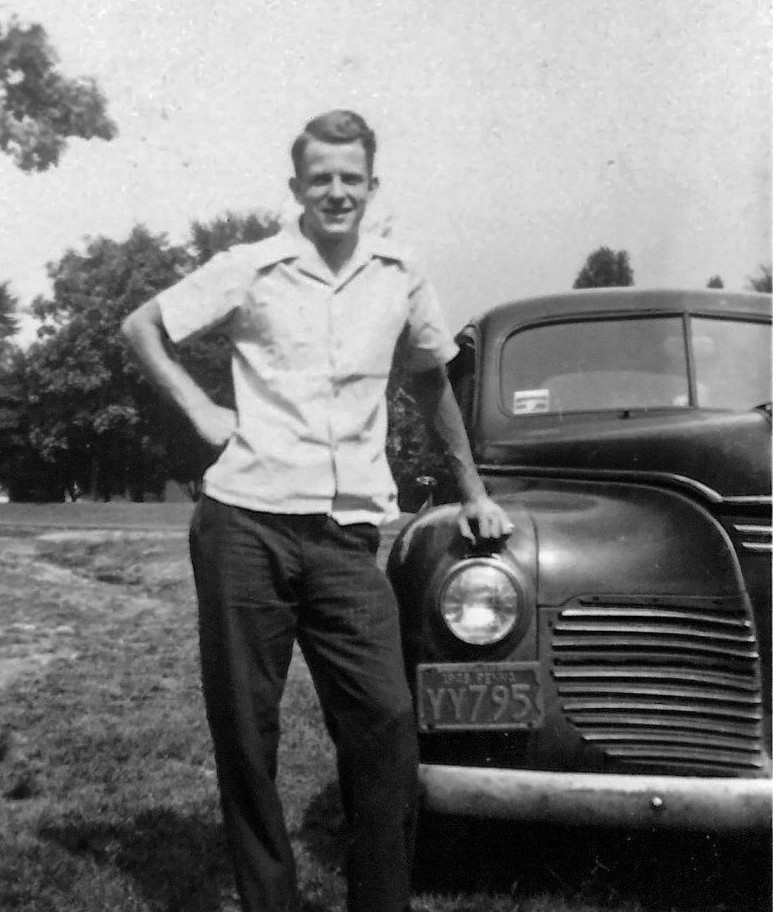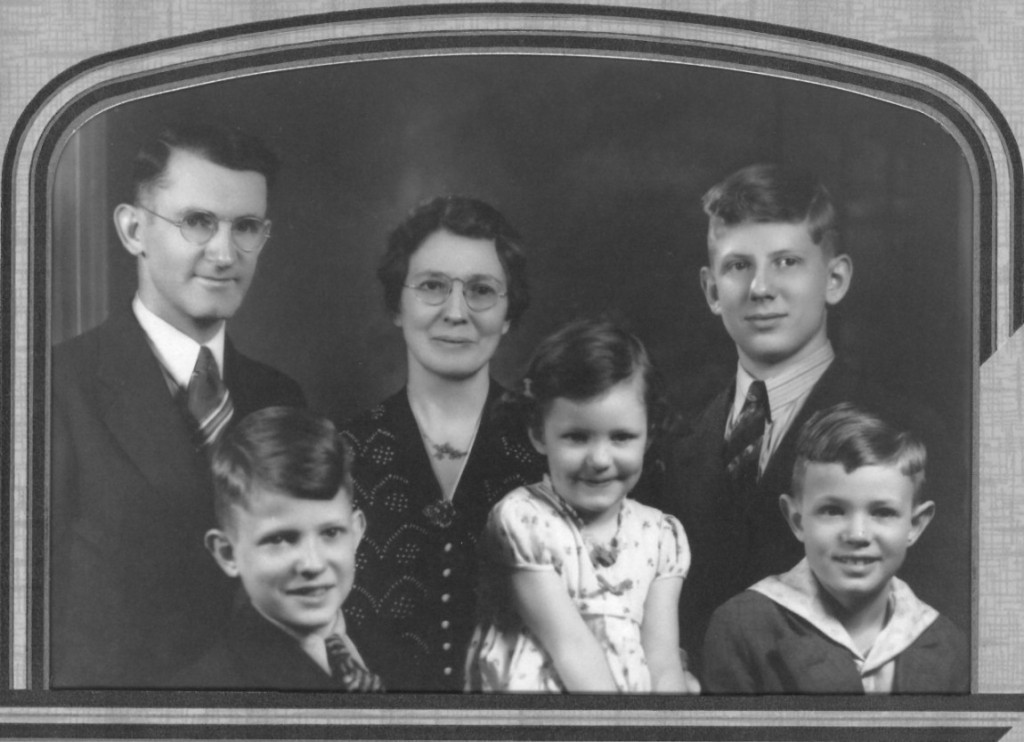You have free articles remaining this month.
Subscribe to the RP Witness for full access to new articles and the complete archives.
The work of deacons is spiritual service as well as administrative. According to the RPCNA Constitution, the first duty of deacons is “to maintain an active ministry of mercy.” There are many resources designed to help deacons exercise their biblical responsibilities. Indeed, a 10-lesson course on mercy ministry is currently being offered online by the Reformed Presbyterian Theological Seminary.
But this mandate is not easy. Discernment, wisdom, investigation, and prayer are necessary for deacons to take action. There will be situations that clearly need assistance by the deacons, but there also will be situations that are questionable. Whether to help and how to help are difficult matters to decide. If money is needed, then how much should be disbursed after considering the available resources? I know. I have served on deacon boards in two congregations in my lifetime and have been in agonizing discussions, trying to arrive at the best answer. Also, my family in my earlier years was substantially and dramatically helped in our needy financial situation.
Shortly after I reached five years of age, my eight-year-old brother, Ed, took sick and required hospitalization. He was later diagnosed with Banti’s disease. In the first six months of 1938, he was in the hospital three times for a total of 101 days, had a splenectomy, and received 21 blood transfusions.
From the medical records in my file, from 1938 to 1945 there were 12 hospitalizations for 252 days that required 73 blood transfusions. From 1945 to his death in 1949, there would have been similar statistics, but I don’t have these records.
This was the age before blood banks. Blood donors had to be obtained immediately for transfusions, and my mother, who had the same blood type as Ed, was the first to donate. At that time we belonged to the Allegheny RPC, and many persons in Pittsburgh RP congregations, and others, were typed as possible donors. I remember my father, many years later, commenting that one of the hardest things he had to do in his life was telephone a person in the middle of the night to come to the hospital to give blood.
In late summer 1948, my family moved to Beaver Falls, Pa., so Ed could continue with college classes, which had been interrupted with an earlier hospitalization. He became sick a couple weeks before the end of the semester, requiring another hospitalization for about two months and requiring 23 transfusions. Donors from Geneva College, three seminary students, and others donated blood. During this hospitalization he counted 122 get well cards; some people sent cards multiple times.
As we were then living in Beaver Falls and attending the Geneva RP Church, a member had connections with a medical doctor, a Geneva graduate, who was on the staff of Johns Hopkins Hospital in Baltimore, Md. This doctor was contacted, who then conferred with Dr. Alfred Blalock, a world renowned “blue baby” surgeon and research scientist, to see if he might be willing to take Ed’s case. His response was to come in for consultation. (For more on this part of the story, see July 2010 Witness.)
The question immediately arose as to how this trip could be managed financially. After many years of hospital expenses, my parents were in no position to handle the cost of going to Baltimore.
Word spread, and a deaconess, who was well known in her own right, contacted my mother, asking about money needs and whether Ed could be taken to Baltimore for consultation and possible surgery if funds could be raised. My parents responded with a yes, of course! This deaconess sparked a campaign to collect funds, and ample money indeed was collected.
Two deacon boards from RP congregations not only appropriated money from congregational funds but also authorized receiving designated contributions. Accordingly, many individuals contributed through these congregations. I have a list of at least 50 individuals who contributed through the congregations, including several from other states. Most of these individuals were named but no amounts were recorded. However, several persons gave directly, and I am astounded by those recorded amounts. One family friend, a medical doctor, gave liberally, which was probably equal to his monthly tithe.
Many prayers were offered on behalf of Ed, including those from friends, relatives, and churches. I remember the Sabbath morning pastoral prayer before Ed was to leave for Baltimore. A woman was so emotionally moved that she emptied all the currency and coins in her purse (about eight dollars), put them in an offering envelope, and gave the envelope to my mother, along with a hug.
With funds received, Ed went to Johns Hopkins with my mother, leaving my sister, my father, and me at home. I was the cook for the three of us, but we always went home with a church member for dinner after morning church. This was hospitality at its best, but I never knew whether this hospitality was planned or on the spur of the moment! As my family’s temporary cook, I certainly appreciated this hospitality. In addition, I remember that my homeroom high school teacher, not an RP but with RP connections, asked me to come to her apartment on a Saturday morning to take home a cake she had baked.
During the couple-month stay in Baltimore, my mother roomed at a nearby rooming house for relatives of patients. Within walking distance there was a church that also ministered to relatives of patients by taking them home after church for Sabbath dinner. When blood donors were needed for Ed, they came from this church and their contacts. My notes indicated 21 donors were needed during his hospitalization at Johns Hopkins.
Exploratory and innovative surgeries were performed by Dr. Blalock, but the problem was not solved.
Ed was discharged after a couple months in late June but was unable to travel the distance home in a car. Accordingly, arrangements were made for return by airplane. I remember hearing that the pilot and co-pilot carried him onto and off the plane. A family friend, with a new and large car, met the plane to bring him to Beaver Falls.
For almost three months Ed lingered; he died on Sept. 14, 1949. Ed and I shared a bedroom, and at 8 a.m., before I left for school, he asked me to put his watch on, which I did. At about 10 a.m. I was called out of my high school class and the principal drove me home.
Given how many people had prayed for Ed and supported him and us along the way, it is not surprising that many persons expressed their sympathy with cards, food, and calling at the funeral home. I counted about 400 names signed in the memorial book at both the funeral home and the funeral service, and I am aware that there were some who did not sign their name.
The funeral service was held in the Allegheny RP Church on Perrysville Avenue in Pittsburgh near the RP Home. About 200 people packed the sanctuary, and the family and relatives were in the basement listening to the service over a loudspeaker.
During the years of Ed’s hospitalizations, I never felt neglected. But I knew that it took a toll on my parents. At the first sit-down meal after Ed’s death, my father could not ask the blessing, but a dear family friend who came in to serve did so. But there never was any wavering of faith in God and in His promises. The engraving on Ed’s grave marker is very apt: “I have fought the good fight.”
In the notice in the Covenanter Witness (Dec. 28, 1949) was this concluding paragraph: “The apostle Peter placed suffering in a new light when he wrote: ‘That the trial of your faith, being much more precious than of gold that perisheth though it be tried with fire, might be found unto praise and honor and glory at the appearing of Jesus Christ.’ Edward’s was a character perfected through suffering, his cheerful endurance of suffering and disappointment for Christ’s sake, bore a testimony far beyond his few years. Surely, ‘for him to live was Christ,’ and therefore ‘to die was gain.’ He was faithful unto death, and on the basis of God’s Word he is now enjoying ‘the crown of life.’”
Not every situation that comes to the attention of deacons is as clearly needful as my family’s circumstances. There will be situations that require discernment. My advice is: if in doubt, give! I would rather be wrong by giving than by not giving.
Mission and ministry might not be easy for deacons, but it is certainly called for in the Bible. Deacons need to prayerfully evaluate the needs that come before them and take action accordingly. I’m grateful to God for the deacons who served faithfully and greatly blessed my family in a time of extraordinary need.
John M. Mitchell is a volunteer for the RPCNA archives; clerk of session at Rose Point (New Castle, Pa.) RPC; and associate professor emeritus of business administration at Geneva College.

